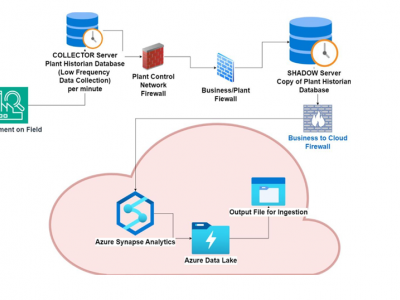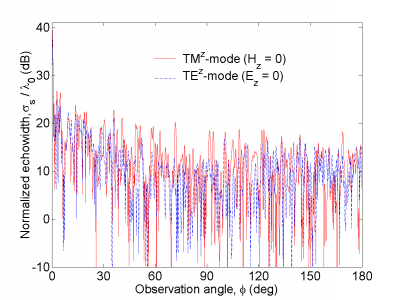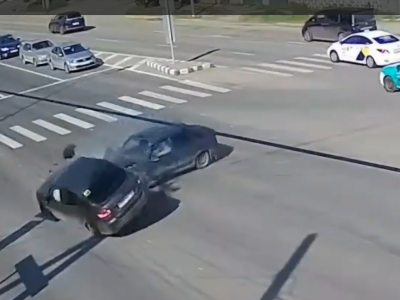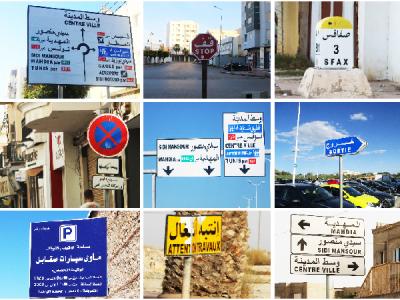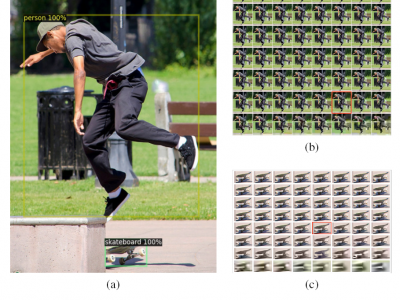Deep Learning

A specially designed waist-worn device with accelerometer, gyroscope, and pressure sensor was utilized to collect information about 18 ADLs and 16 fall types. The falls protocol has been performed in our lab to replicate realistic situations that typically affect workers and older people. In contrast to other datasets that are accessible to the public, we included a new task in the falls, syncope, since it has a high mortality rate among the elderly and is linked to falls. As such, we must take it into account and include it in our fall detection system.
- Categories:
 280 Views
280 ViewsThis article presents a dataset collected from a real process control network (PCN) to facilitate deep-learning-based anomaly detection and analysis in industrial settings. The dataset aims to provide a realistic environment for researchers to develop, test, and benchmark anomaly detection models without the risk associated with experimenting on live systems. It reflects raw process data from a gas processing plant, offering coverage of critical parameters vital for system performance, safety, and process optimization.
- Categories:
 884 Views
884 Views
This dataset is derived from Sentinel-2 satellite imagery.
The main goal is to employ this dataset to train and classify images into two classes: with trees, and without trees.
The structure of the dataset is 2 folders named: "tree" (images containing trees) and "no-trees" (images without presence of trees).
Each folder contains 5200 images of this type.
- Categories:
 356 Views
356 ViewsThis paper proposes a novel low-bitrate animation codec leveraging pose-guided human video generation with on-the-fly training. On the encoder side, the whole sequence is divided into key and non-key frames. Instead of compressing the whole sequences, only the keyframes and pose information are compressed. On the decoder side, the non-key frames are generated using a novel pose-guided human video generation model. The model is trained on-the-fly using keyframes to learn the mapping from pose to full frames.
- Categories:
 11 Views
11 ViewsWe introduce a novel dataset consisting of approximately 5,700 video files, specifically designed to enhance the development of real-time traffic accident detection systems in smart city environments. It encompasses a diverse range of traffic scenarios, captured through Traffic/Surveillance Cameras (Trafficam) and Dash Cameras (Dashcam), along with additional external data sources. The dataset is meticulously organized into three segments: Training, Validation, and Testing, with each segment offering a unique blend of traffic and dashcam footage across different scenarios.
- Categories:
 5292 Views
5292 ViewsSTP dataset is a dataset for Arabic text detection on traffic panels in the wild. It was collected from Tunisia in “Sfax” city, the second largest Tunisian city after the capital. A total of 506 images were gathered through manual collection one by one, with each image energizing Arabic text detection challenges in natural scene images according to real existing complexity of 15 different routes in addition to ring roads, roundabouts, intersections, airport and highways.
- Categories:
 228 Views
228 Views
The classification of Doppler ultrasound images
is very important for conception prediction. However it is a
challenging problem that suffers from a variable length of those
images with a dimension gap between them. In this study, we
propose a latent representation weight learning method (LRWL)
for conception prediction with Doppler ultrasound images. Unlike
most existing related methods, LRWL can process a variable
- Categories:
 96 Views
96 ViewsThis LTE_RFFI project sets up an LTE device radio frequency fingerprint identification system using deep learning techniques. The LTE uplink signals are collected from ten different LTE devices using a USRP N210 in different locations. The sampling rate of the USRP is 25 MHz. The received signal is resampled to 30.72 MHz in Matlab. Then, the signals are processed and saved in the MAT file form. More details about the datasets can be found in the README document.
- Categories:
 876 Views
876 Views
5G Network slicing is one of the key enabling technologies that offer dedicated logical resources to different applications on the same physical network. However, a Denial-of-Service (DoS) or Distributed Denial-of-Service (DDoS) attack can severely damage the performance and functionality of network slices. Furthermore, recent DoS/DDoS attack detection techniques are based on the available data sets which are collected from simulated 5G networks rather than from 5G network slices.
- Categories:
 3451 Views
3451 ViewsJust Recognizable Distortion (JRD) refers to the minimum distortion that notably affects the recognition performance of a machine vision model. If a distortion added to images or videos falls within this JRD threshold, the degradation of the recognition performance will be unnoticeable. Based on this JRD property, it will be useful to Video Coding for Machine (VCM) to minimize the bit rate while maintaining the recognition performance of compressed images.
- Categories:
 381 Views
381 Views